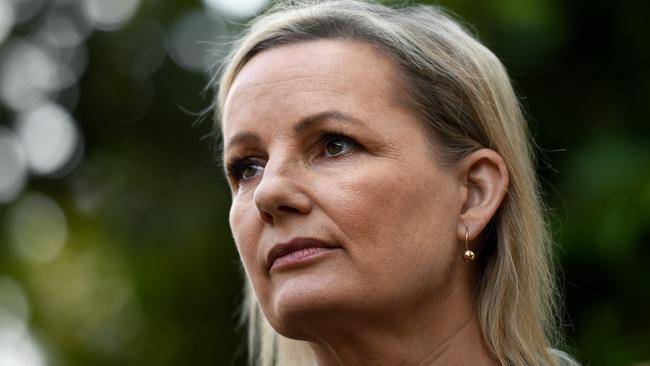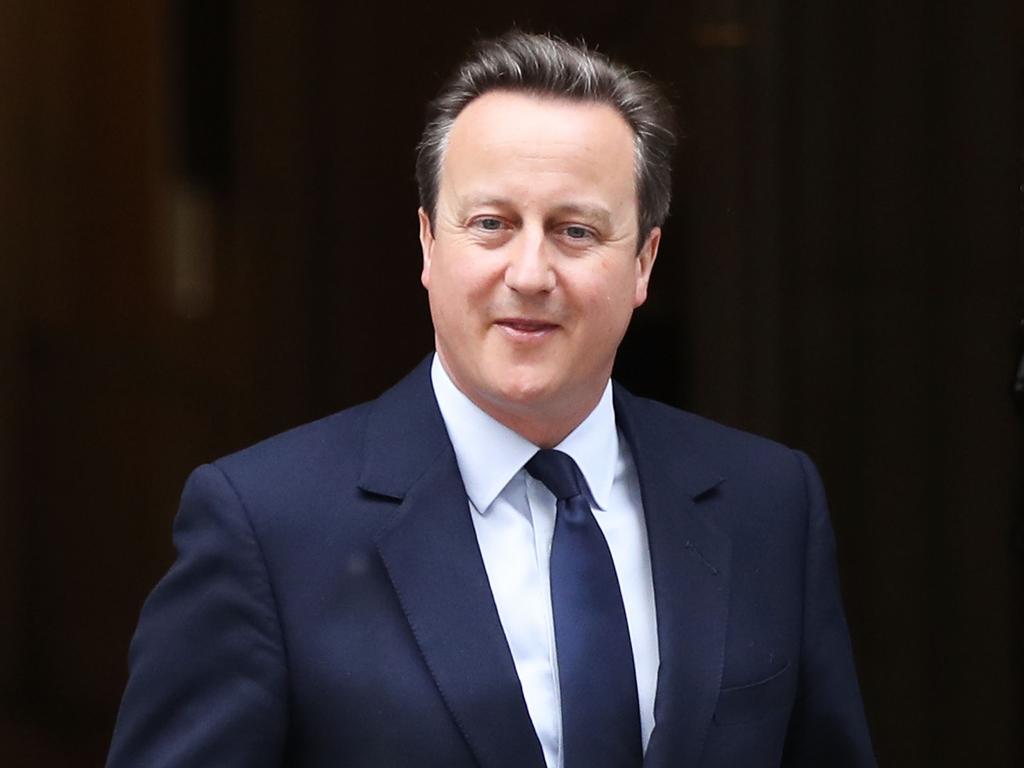Push for gender quotas extends to staffers
Environment Minister Sussan Ley has backed gender quotas for political staffers as one pathway to boost gender representation in the Liberal Party.

Environment Minister Sussan Ley has backed gender quotas for political staffers as one pathway to boost gender representation in the Liberal Party as Scott Morrison declared he wants a woman to replace him in his seat of Cook when he leaves politics.
While there is growing support for any mechanism that can put more women into the parliamentary Liberal Party, there are concerns quotas will ultimately not work within the party’s decentralised and individualistic structures.
Conservative MP Nicolle Flint and moderate Liberal Jason Falinksi teamed up on Thursday to push an alternative to quotas in candidate lists used by the British Conservatives to increase the number of women and minorities in its ranks.
Ms Ley on Thursday said quotas needed to be “smart” and not used as “blunt instruments” that disrespected the preferences of state party organisations.
“One step could be female quotas so women can put themselves forward for parliamentary staff roles,” Ms Ley told The Australian.
“It’s about stepping forward. Some people might be interested in the economic policy debate and that could lead you to be the chief of staff in the treasurer’s office.”
Ms Ley, who backed quotas before the 2019 election, this week proposed an initial target of 40 per cent to increase the number of federal parliamentarians in the Liberal Party.
She also called for the party to focus on the outcome and work backwards to enforce strategies that supported women at all levels of politics.
“This workplace needs to be a workplace that attracts women,” she said.
“If we get that right, then we’ve got an opportunity for that effectively to deliver us a grassroots movement of women who are keen to step up from whether it be local representative politics or local council.
“At the moment, I’m concerned women are looking at this workplace and not liking what they’re seeing and I don’t blame them.”
The Australian spoke this week to a dozen Liberal backbenchers who said quotas must be on the table, joining the Prime Minister and his senior ministers including Josh Frydenberg, Foreign Minister Marise Payne, Health Minister Greg Hunt, Industry Minister Karen Andrews, Education Minister Alan Tudge, Defence Industry Minister Melissa Price and Financial Services Minister Jane Hume.
Mr Morrison on Thursday said quotas should be considered and he wants a woman to replace him in his parliamentary seat when his political career is over.
“I would love to see a woman follow me as the member for Cook when I choose to retire from politics,” he told Nine News.
Yet many MPs and party workers fear the Liberal Party grassroots membership will not accept quotas and the Liberals’ decentralised processes will make it too difficult to administer in all local branches and state divisions.
NSW Liberal Party president Philip Ruddock said the state division would give quotas “proper consideration” after the Prime Minister, a NSW MP, indicated he would start advocating for the measure in his own branch. “We’ll be guided by the helpful advice we get from our parliamentary leaders and others,” Mr Ruddock said.
Writing in The Australian, Ms Flint and Mr Falinski point to candidate lists as an alternative solution. In Britain, the Tory Party under former prime minister David Cameron collated a nationwide list of all prospective Conservative candidates and drove to include more from a range of gender, ethnic and professional backgrounds.
Tory HQ then worked to link prospective female candidates with open preselections while allowing Conservative branches to keep the final say. The measure significantly boosted the number of centre-right female MPs.
“The advantages a candidate list would provide to the Liberal Party are significant ... It would absolutely increase the numbers of women,” Ms Flint and Mr Falinski say.
Additional reporting: Rosie Lewis




To join the conversation, please log in. Don't have an account? Register
Join the conversation, you are commenting as Logout